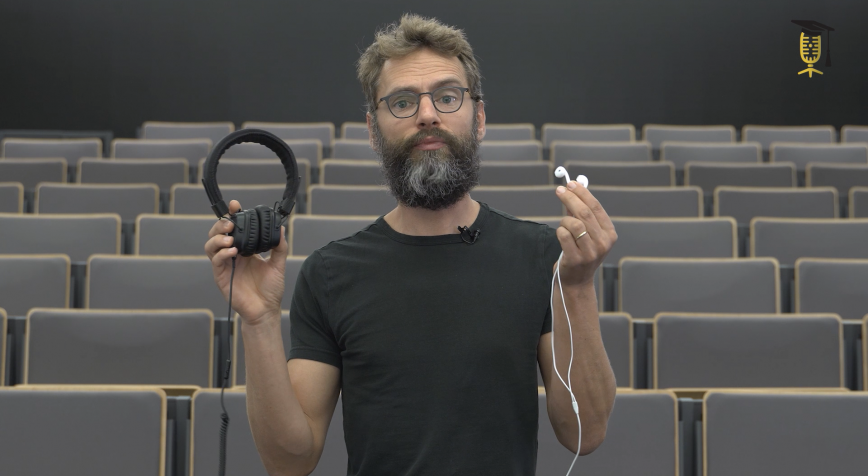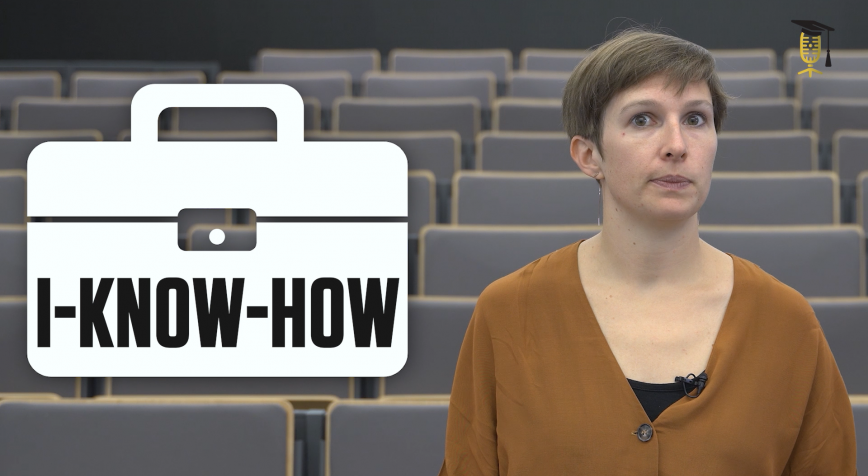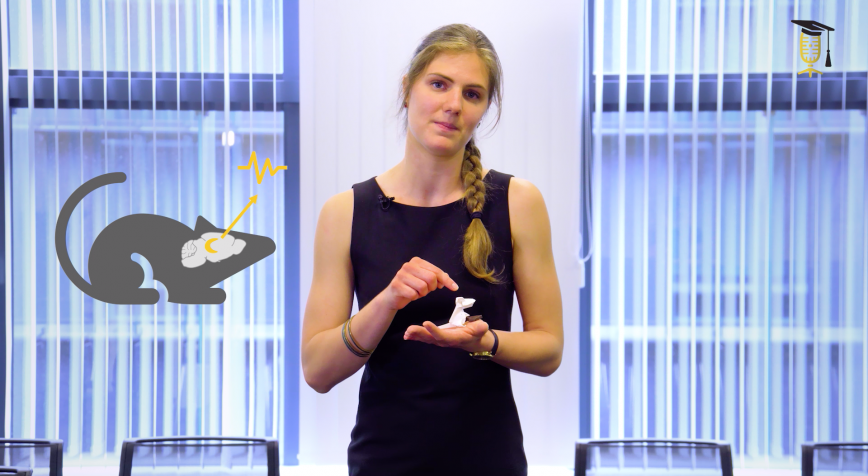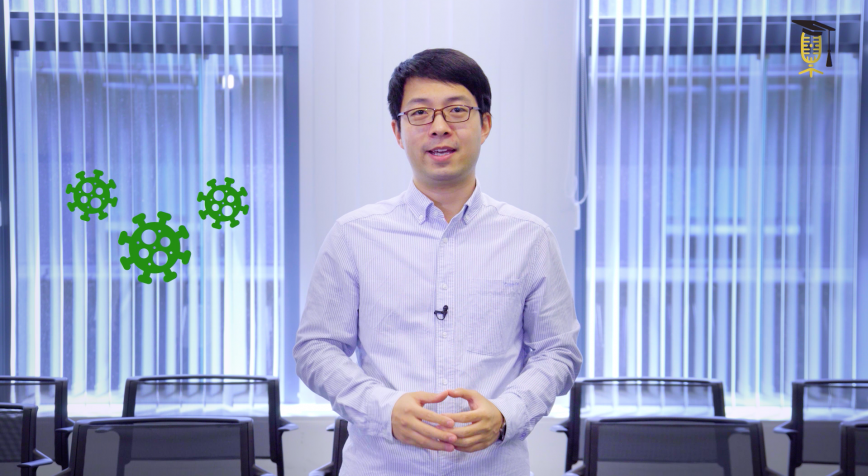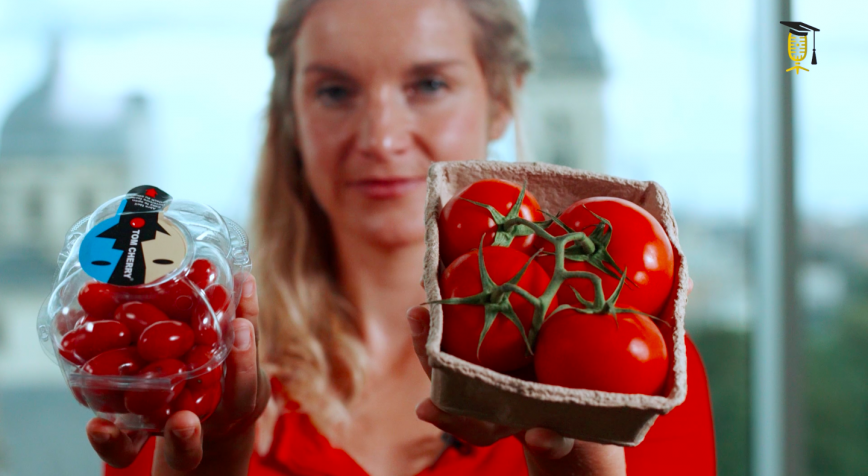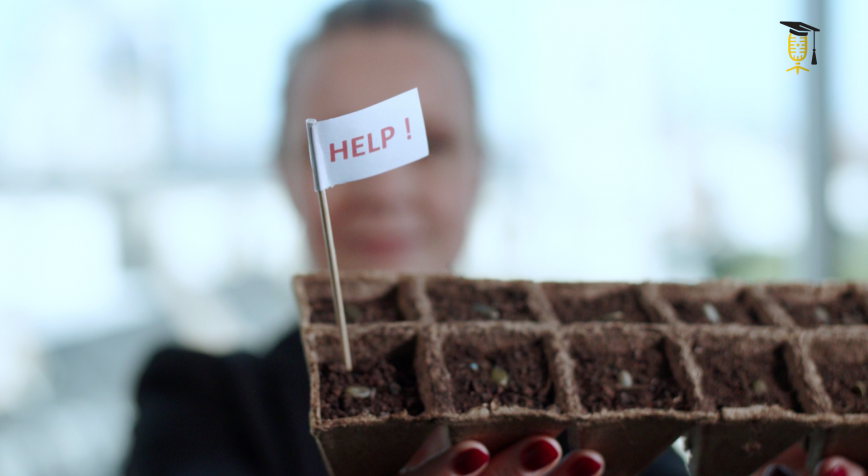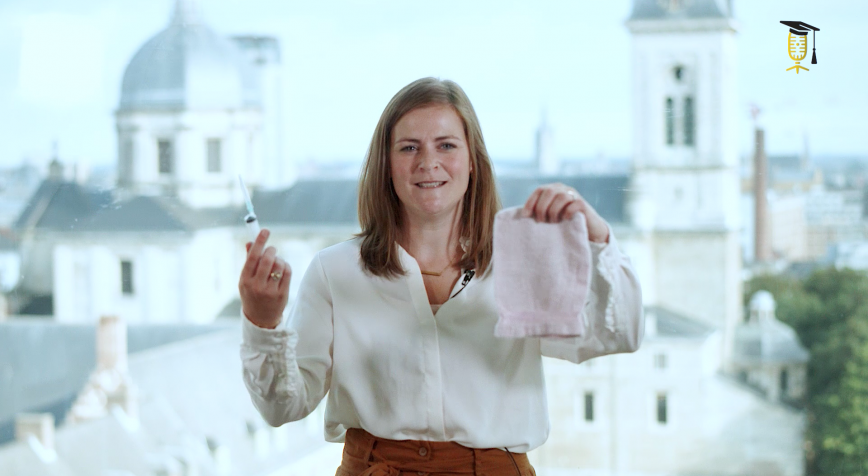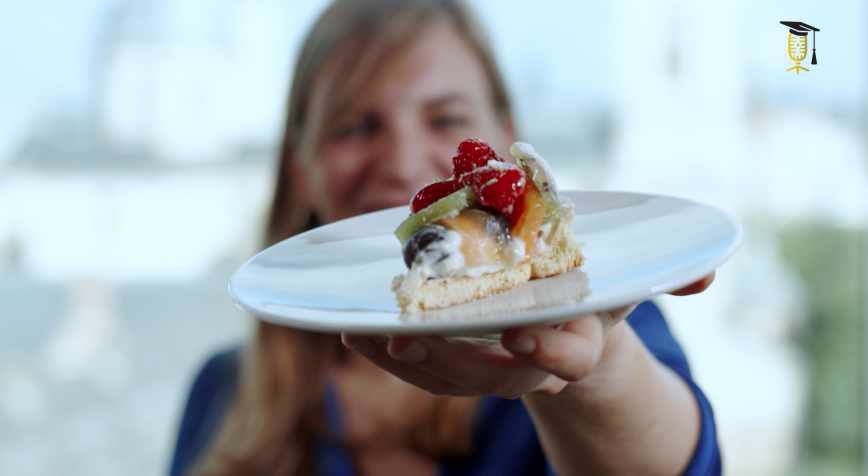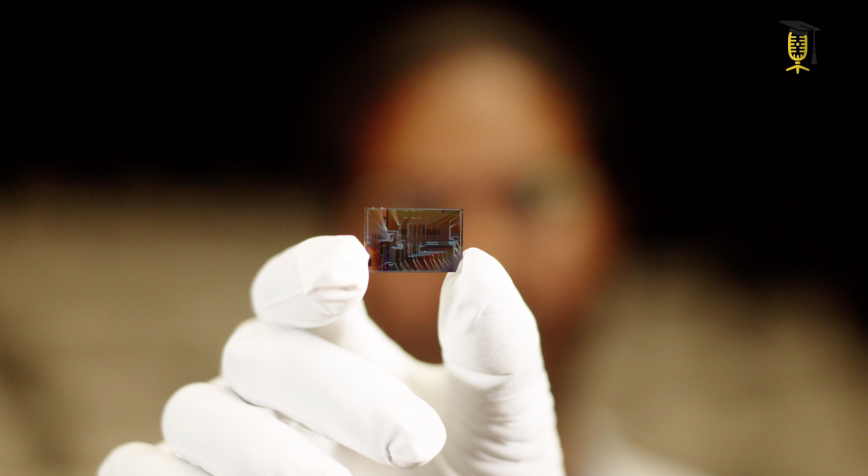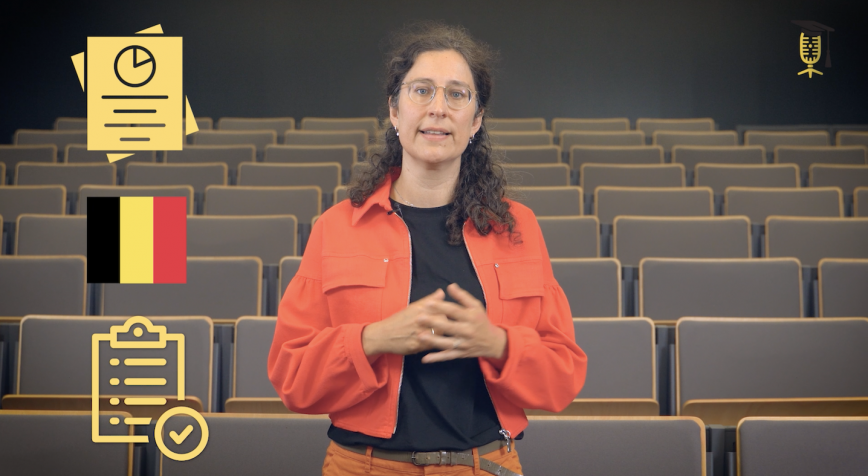
Arteveldehogeschool
How do occupational therapists stay up-to-date when caring for older people living at home?
As an occupational therapist, how do you ensure that older people can continue to live independently and safely at home for as long as possible? That they can continue to drive their own car? Or that they can use public transport when that is no longer possible? To better support occupational therapists working with older people living at home, Leen Bouckaert & her colleagues drew up a clinical guideline. In it, they pour the latest scientific insights on elderly care into concrete recommendations for occupational therapists.

